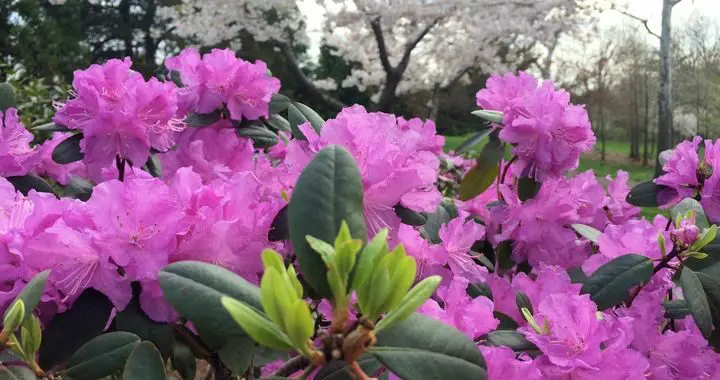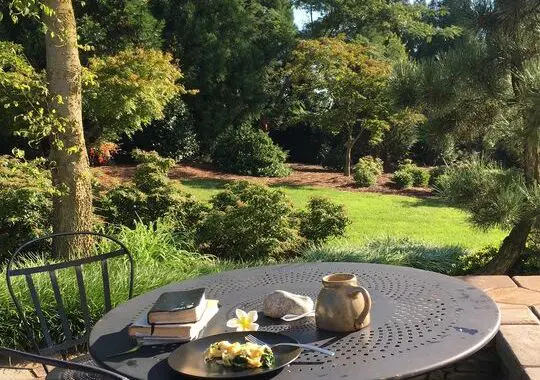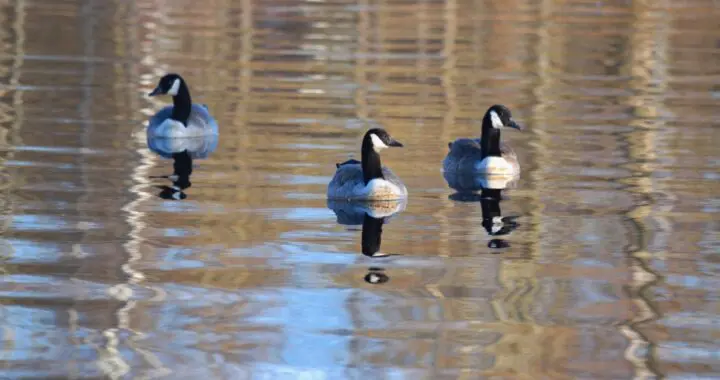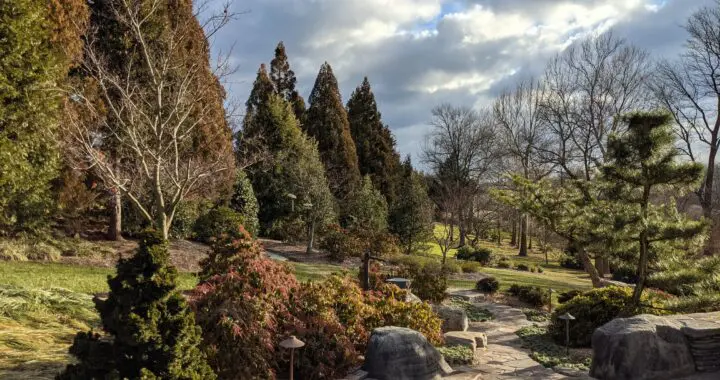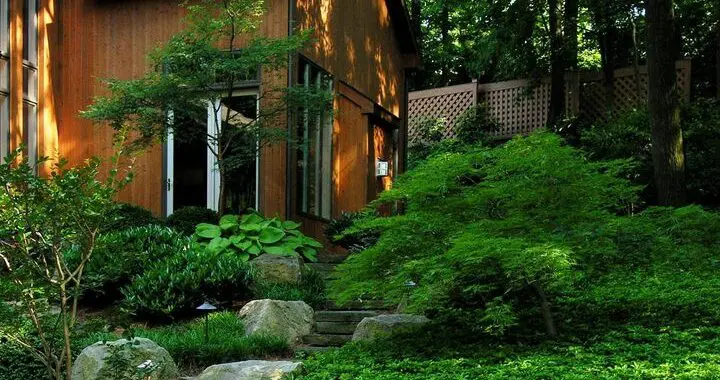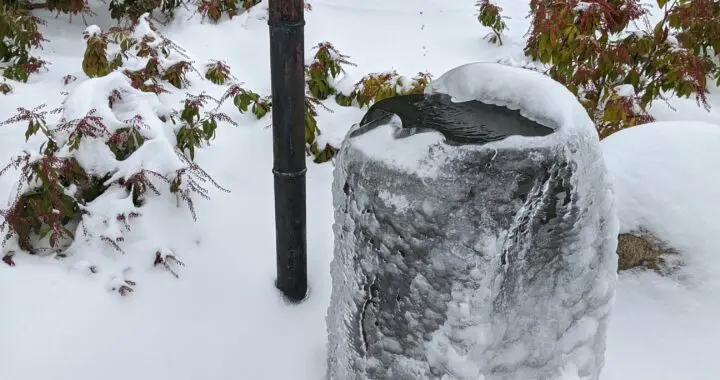A 2016 study, published in Environmental Health Perspectives, confirms what we have been saying all along: surrounding yourself (and your home) with plants could help you live longer.
Researchers from Harvard and Brigham Women’s Hospital analyzed data from 108,630 women enrolled in the Nurses’ Health Study from 2000 to 2008. Adjusting their models for mortality risk factors (age and socio-economic levels, for example), they found that women living in areas with the most greenery had 12% lower mortality rates, a 34% lower risk of respiratory-related death, and a 13% lower risk of cancer-related death than women surrounded by less vegetation.
‘We were surprised to observe such strong associations between increased exposure to greenness and lower mortality rates,” stated Harvard research associate, Peter James.
The researchers concluded, “increasing vegetation may provide opportunities for physical activity, reduce harmful exposures, increase social engagement, improve mental health, mitigate the effects of climate change, and lower mortality rates.” Their recommendation to plant more trees and shrubs is our joy!! For a greener, healthier future, CALL US TODAY (717-653-1273)!
References:
https://ehp.niehs.nih.gov/15-10363/
https://www.countryliving.com/gardening/a38256/women-live-longer-near-vegetation/
Gracious plantings of Japanese Maples, Azaleas, Rhododendrons, Boxwoods and other ground covers surround these Lancaster County homes with lush greenery that is refreshing, restful, and healthy!
